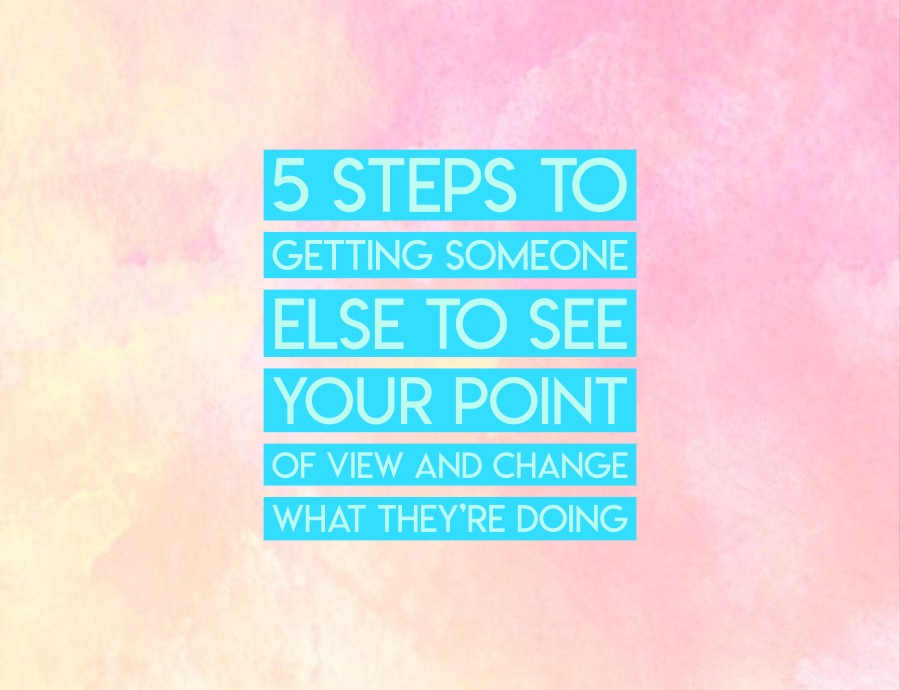You’re in a new place, with new people, and for the most part, it’s a blast. But some interactions are bound to be less than fun. Whether it’s in the close quarters of a dorm, or in the high-intensity atmospheres or labs or tutorials, you’ll see arguments here too, and the stakes can get high, so the tone can get heated.
You’re in university, and have chosen to learn from the best, so seek help from the best here too. Below are some hints from hostage negotiators. Whether you’re at odds with frustrated TAs or irate room-mates, these tips are bound to help.
The key, now that you’re in university, is to go to the experts for help. If you want to de-escalate an argument, get your way, and remain on good terms, check out how hostage negotiators and business negotiators do it. If you want the best class material, go to your professors. If you want the best advice about how to success in exams, check out Prep101.
You’re in university, and have chosen to learn from the best, so seek help from the best here too. Below are some hints from hostage negotiators. Whether you’re at odds with frustrated TAs or irate room-mates, these tips are bound to help.
- Listen actively. Don’t begin with a rebuttal. Nobody will listen to you. When people are yelling, then they’re in broadcast mode, and they won’t stop broadcasting until they’re absolutely sure that you’ve received the message. So to tone down an argument, start by actively and obviously receiving. Listen first. Make sounds that indicate that you’re hearing. These indications can be as simple as “I see,” “yes,” and “go on.”
- Paraphrase the message that you’re hearing. Start with phrases such as, “you’re telling me that…” or “I hear that you’re saying…” Then ask for clarification. This step proves that you’ve listened, and by doing it, you’ll automatically slow down the proceedings. You’ll find that people often quiet down, tone down their emotional reactions, and speak more rationally, once they believe that they’re being listened to and heard. This step will also tone down your emotional reaction: once your left brain is working, your right brain emotions will be easier to reign in.
- Mirror emotion. You have to prove that you’ve heard and recorded the emotional part of the message too. You can either mirror back the emotion on your face (but not as strongly), or you can tell the person in words with phrases such as “I see that you’re feeling…” Make sure that you speak without judgment.
- Discuss, and find a compromise. After you’ve proven that you’re listening, and that you’re taking the other person’s side seriously, you can start to tackle the problem.
- Change behaviour. Now that you’ve proven that you’re reliable, you can start to discuss your side of the issue, and make an argument for what you wanted in the first place, without ever raising your voice.
The key, now that you’re in university, is to go to the experts for help. If you want to de-escalate an argument, get your way, and remain on good terms, check out how hostage negotiators and business negotiators do it. If you want the best class material, go to your professors. If you want the best advice about how to success in exams, check out Prep101.








